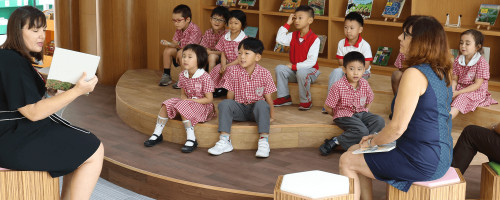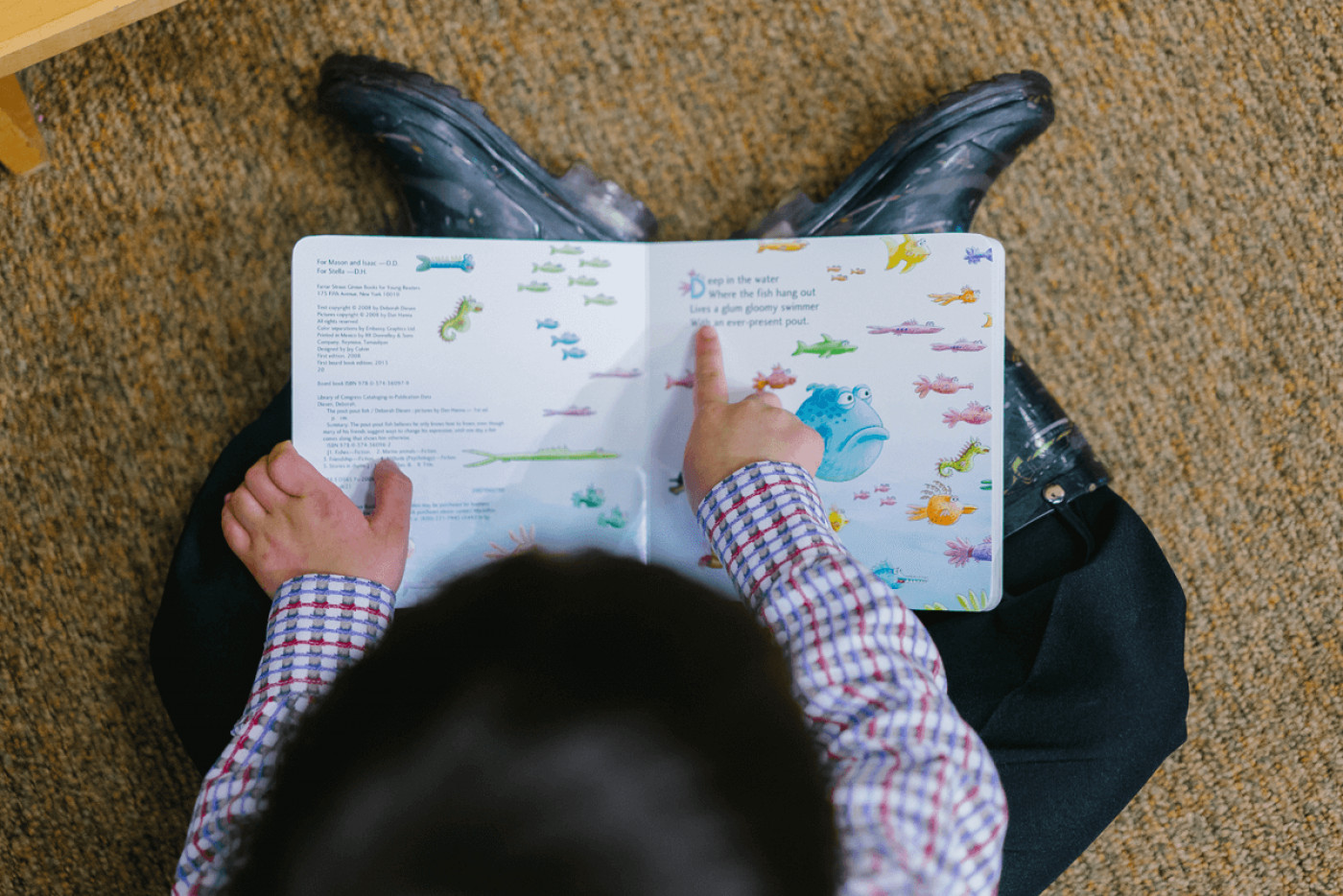
Very Young English Language Learners
The focus of language learning in the kindergarten years is on oral language development, or listening and speaking. Literacy skills (reading and writing) are also introduced in these grades, but oral language proficiency is the key at this time and it is the foundation for literacy skill development in future grades.
The 4 components of language include listening, speaking, reading and writing. These components work in pairs. When you’re reading or listening, you are consuming a language. When you are speaking or writing, you are producing a language. Listening and speaking are the first skills to develop in a new language and reading and writing come next. In order to be considered fluent it is necessary to develop native like proficiency in all 4 components.
YOUNG LEARNERS DO FACE UNIQUE CHALLENGES
Learning an additional language is hard work at any age, but very young language learners face unique challenges. The youngest learners have not yet developed literacy skills in their first language and therefore they cannot apply an understanding of reading and writing strategies to additional languages - they must learn to listen, speak, read and write in several languages at the same time. There are, however, some benefits to learning an additional language at a young age:
Young children are still using language learning strategies to acquire their native language and these can be applied to learning an additional language.
Multiple languages can be learned at the same time.
Young children’s brains are tuned to learning the sounds of a language and this can include different sounds in a language other than their home language.
Young children are usually willing to give something a try even if they don’t understand it. They will use context, facial expressions and body language in an effort to understand. They will attempt to speak using approximations. They are often not too bothered about not understanding or making an error.
Young learners are more likely to develop native-like pronunciation than those who learn another language after age 6.

At TIS we are an “English Foreign Language” (EFL) School; we are teaching in a language that is not an official language in Macau and is therefore not commonly used in the environment (on signage, in taxis or grocery stores, etc). Many children do not hear or speak English outside of school hours and no English is used in their homes or by their family members. This slows down their acquisition rate. Similarly those students who speak English or other home languages and are new to Mandarin have the advantage of hearing and seeing the language in the community, but they do not typically hear it in their homes so this slows down their Mandarin acquisition rate.
It is important for parents and teachers of young learners to understand the early stages of first language acquisition and how this differs from additional language (AL) acquisition, as well as the techniques for supporting language development at every stage.
To continue reading this article, please click here.



